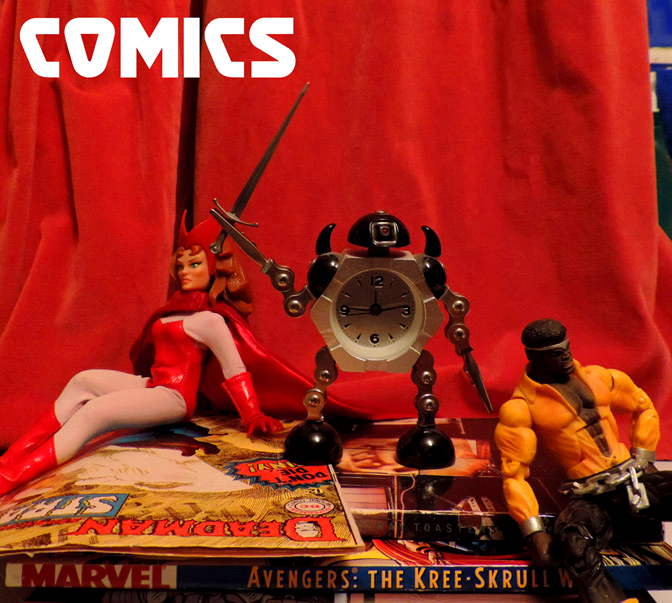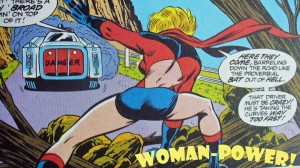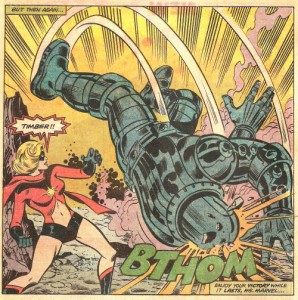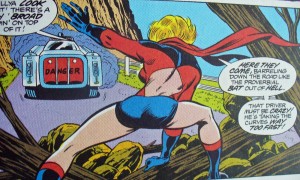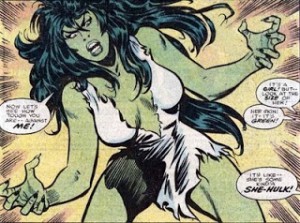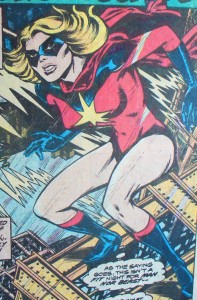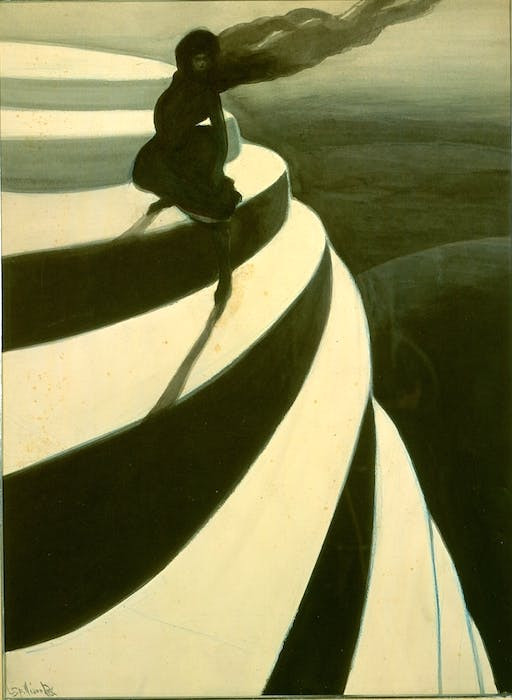
Four months without a post is long even for me and for this always irregularly updated website. It wasn’t intentional and normally I probably would have at least filled the gap with a couple of playlists or something, but the fact is I’ve been experiencing something like writer’s block and I’m starting to get weird about it, so this is something at least.
I say ‘something like’ writer’s block because technically it really isn’t that; this year I’ve written thousands of words for various places (Zero Tolerance Magazine, Record Collector and some but not enough for the fantastic Echoes & Dust) and at the beginning of the year I had my usual burst of new year productivity and optimism that seems to have fizzled out.
It’s not that I don’t want to write, even less that I don’t have things I want to write about; I’ve had half-formed, half-alive ideas squirming around in my brain for months, so far stubbornly refusing to take an actual writeable-about shape, which is always frustrating. Normally my strategy (okay, not as organised as an actual strategy) would be to just write about something else. Change direction, clear the head, just write something – a playlist seems to be one of my go-to things, because they are fun to write and to think about, but although I have listened to a lot of music, both professionally (so to speak; ie as a reviewer/music journalist) and for my own entertainment, they haven’t inspired me to write any more than I had to for work purposes; not the music’s fault.
That said, I’ve put on some records and started writing. So why this mental state? There are various reasons, internal and external, for this. One obvious external one is (tempting to say *everything*) the current political climate. There are people (Ian Dunt is my favourite) who love to write about political turmoil and make gripping reading out of it; I am not one of those people it would seem. I feel engaged with current affairs up to a point, then swamped by and eventually numbed to them (for instance, I used to watch BBC Breakfast every day while getting ready for work, but the reinterpretation of ‘impartiality’ to mean finding someone who holds an objectionable view on every single topic has made the show feel a much less light way to start the day and now I usually put on whatever old sitcom Channel 4 is showing – within reason, obviously – or an old film. I’m not quite at the Good Morning Britain or Everybody Loves Raymond stage of mental fragility yet).
I think this numbness to current affairs is probably quite common and worse, it’s also counted upon to a degree by people in government. There are so many movements among people to disengage, to close off, to create separate little pools of alike-ness; basically the opposite of how I feel things should be. But although this kind of zeitgeist has the (one would think positive) effect of making those who oppose it more vocal, it ironically seems, like ‘Tortuous Convolvulus’ in Asterix and the Roman Agent, to breed a very isolating kind of discord where, despairing of any kind of broad consensus, the temptation is to avoid becoming entangled in debates at all and to take refuge in the comfortable and familiar – ironically playing into unchanging, status quo-rules spirit of the time after all.

And then, there’s Brexit. I have my own thoughts about Brexit, but only one that I’ll share here because god knows there’s enough stuff about it everywhere else. To me, the whole situation demonstrates one of the vulnerabilities of the UK’s particular version of parliamentary democracy (and perhaps parliamentary democracy in general; I don’t know enough about other countries to comment confidently). The particular vulnerability I mean is the way the system can essentially be hijacked by small groups of people who work within it and who have an axe to grind.
The referendum result and its legitimacy can be argued about ad infinitum, but the fact is that I am old enough to remember people protesting and/or marching about many things pre-2016 (war, taxes, air strikes), but EU membership wasn’t one of them, outside of the Daily Mail. And had the referendum not been called, people wouldn’t have been rioting in the streets demanding it. But a small number of MPs were able to pressurise the situation within parliament to make their pet issue into a national debate. A similar group (the same group?) could just as easily and I would guess just as divisively bring forth debates about things like the death penalty or drugs or abortion to the public realm – and I imagine they will, if they get the chance. But the EU was the issue that at this time affected their business interests and inflamed their xenophobia, so we’re stuck with it.
I am tempted to blame the Conservative party and UKIP for the situation simply because I detest everything they stand for; actually, I’ll just do that; it’s their fault. The very prevalent narrative that the days of entities like the EU are numbered also comes, not by and large from the voices of “the people” (and how would we hear it if it did? Yes online and in places like this; ie blogs that nobody reads – but except in extreme cases like riots etc, the voices of the people only become amplified after being filtered through politicians and governments before being heard internationally), but from the exact same kinds of self-interested parties as those who pushed Brexit onto the national agenda in the first place.
None of which is not to say that the views of pressure groups within parliament haven’t been foisted on the public before – and they certainly will be again. As far as I’m concerned though, the role of government is purely to represent the views and interests of the electorate and not to foist its own views onto it. As Brexit shows though, when that does happen, the people are essentially at the mercy of whatever party happens to be in charge and are even, ludicrously denied a say in events as they unfold because what they may or may not want now can’t be allowed to undermine what they wanted at a previous date. Good enough for general elections; the basis of our democracy, but not somehow acceptable when it applies to some random thing that the party in charge was seeking.
What is the solution? Well, some kind of serious parliamentary reform, which I imagine will eventually happen whatever the final outcome of Brexit is; but more than that, it would be nice if the idea that we are led or (worse) ruled by parliament could give way to the truth – or what should be the truth – of it: that we are represented, by people who work for us and are paid to put the views and interests of their constituents forward. But for as long as people talk and think about ‘Westminster’, or ‘Holyrood’, or ‘Brussels’ (forgive all the inverted commas; obnoxious) as if they are entities beyond their control that act in their own mysterious interests, it won’t change. Holding people to account isn’t a radical idea, it’s what democracy is supposed to do. Also, I think we should pay MPs “the average” wage, whatever that is and not more, but that’s another issue that could only be dealt with by the people who have a vested interest in not dealing with it, so enough about all that.
In the wider world, I felt liberated by the realisation that, after watching every season so far, I had no interest in what happened next in Game of Thrones. The same thing happened to me years ago after reading the first eight or nine(!) mammoth volumes of Robert Jordan’s Wheel of Time series. Game of Thrones is generally very Wheel of Time-ish and I think the problem – my problem, I should say, I have nothing against either the show or the books – is that if you read a lot of heroic fantasy fiction at an early age, it all becomes very familiar. The girl who resents being treated like a girl will become a great warrior, the underdog will get revenge on the cruel tyrant etc etc; nothing wrong with that, if genres weren’t generic they wouldn’t exist. But still.
I did watch the Avengers movies to the bittersweet end though, and liked most of them, though I feel that the series peaked with the intelligent and genuinely morally complex Black Panther and Captain America: Civil War and then dumbed down considerably for the overlong series finales Infinity War and Endgame. I liked Captain Marvel a lot though, despite the fact that what I really wanted was a film of Chris Claremont/Jim Mooney/Joe Sinnot’s Ms Marvel, set in the 1970s. Regarding the final (or final so far; there’s no way they will completely abandon a franchise that makes that much money) Avengers films, is it just me or is there (*very mild spoiler alert*) something fundamentally uninteresting and a little bit annoying about the concept of villains (and heroes, up to a point) who think that the world could be improved by just killing lots of people? It reminds me of the motivation of the ridiculous bad guys in films like Saw and Se7en (which I also detest) who sadistically punish people for what, not appreciating their lives or something? Because, like Thanos in Avengers (and Hawkeye too, in Endgame), somehow violently killing people isn’t itself one of the bad things in the world, it’s a way of making things better. Hmm. Inner 10 year old me enjoyed it, until it got boring near the end, though.
Otherwise, I’ve read (and more to the point, re-read; comfort reading is an effect as well as possibly a contributory factor to my general stagnation writing-wise) some good books, listened to some good music (again, old favourites, though I’ve heard some great new things too – Vivankrist’s Morgenrøde, the new Phantoms vs Fire, a compilation of Finnish post-punk & new wave music from the great Svart records, Gaahl’s Wyrd’s new album). And I’ve written this. Finally.


